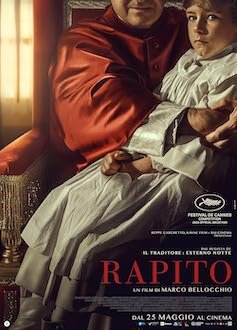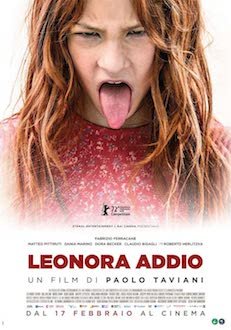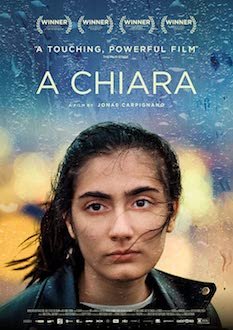Direction: Maura Delpero
Country: Italy / Frane / Belgium
Vermiglio is a slow-burning yet largely compelling drama that thrives on its brooding atmosphere and tonal consistency. The title refers to a mountainous region where the harsh wintry landscape and limited resources underscore the hardships of wartime life.
Set in 1944, the film follows Pietro Riso (Giuseppe De Domenico), a deserting soldier who arrives in the village and falls in love with Lucia (Martina Scrinzi), the eldest daughter of the schoolteacher. Their love culminates in marriage, but fate, as often, proves unkind. Simultaneously, we witness the teacher's (Tommaso Ragno) personal struggles and the tribulations of two of his other children: Ada (Roberta Rovelli), tormented by guilt over impure thoughts and resorting to self-punishment, and Dino (Patrick Gardner), a wine-drinking boy who struggles academically.
Desolation and inertia permeate this powerful, well-acted tale, brought to life by Maura Delpero’s assured direction and elegantly composed visuals. Her meticulous gaze channels echoes of Anton Chekhov and Nuri Bilge Ceylan, prompting reflection on life’s quiet sorrows and joys. Despite the film’s languid pace and contemplative storytelling, Delpero persistently seeks and captures moments of humanity in her second foray into fictional filmmaking. The bittersweet Vermiglio earned the Grand Jury Prize at Venice.








































